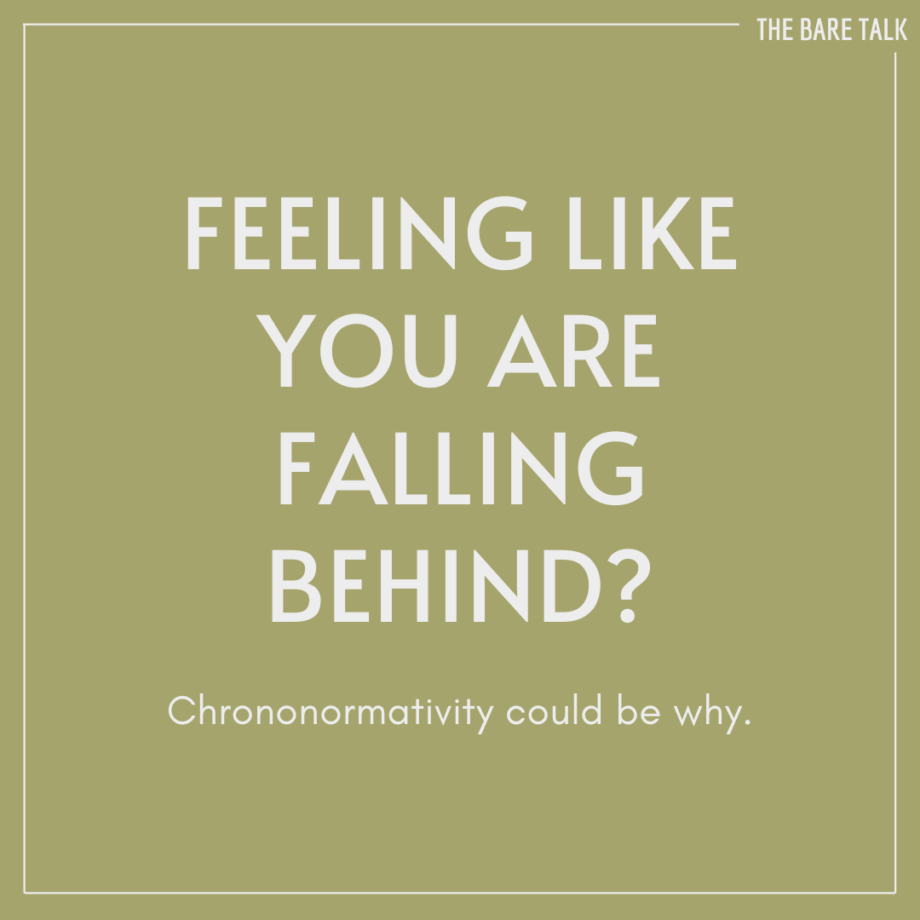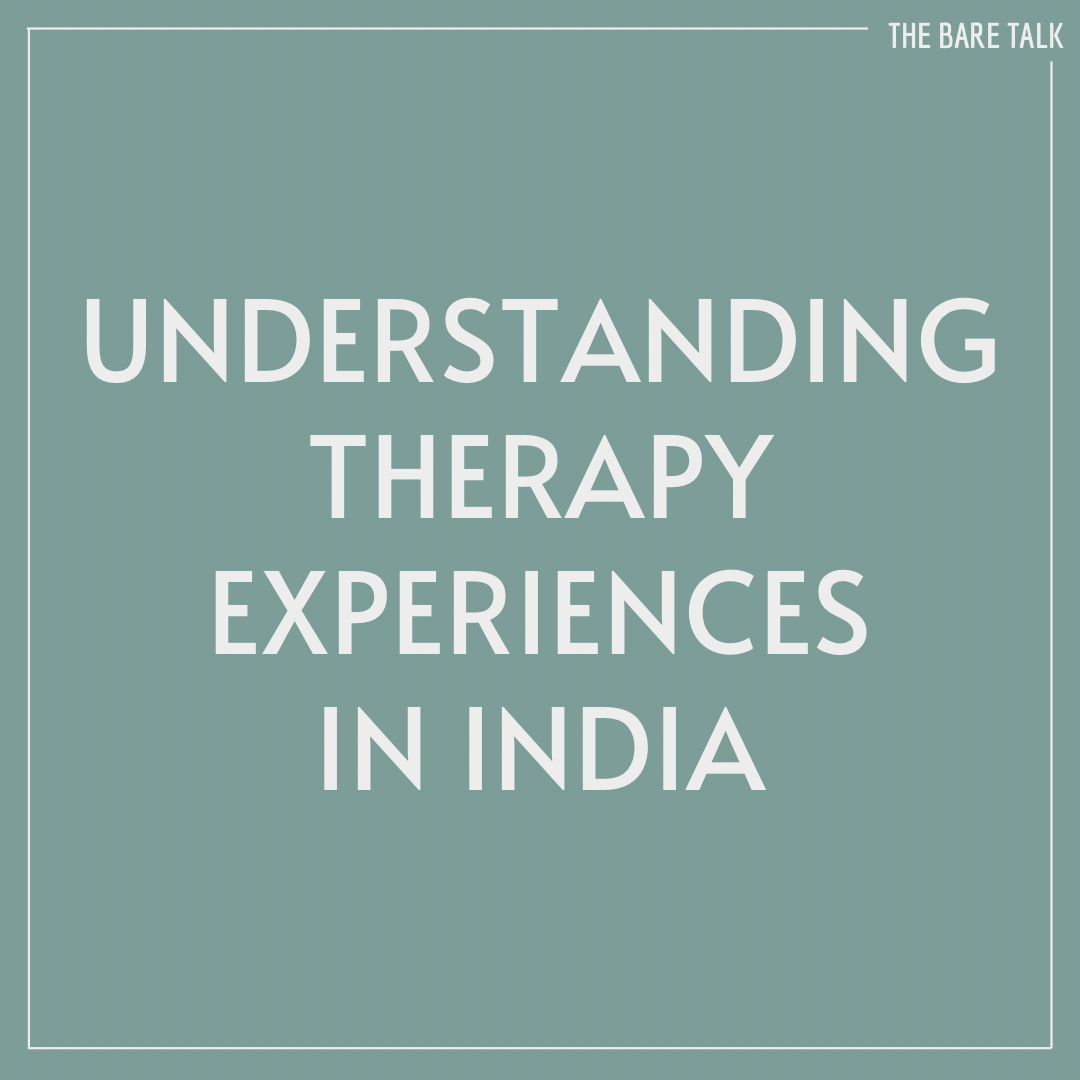You get an email with your reports and you’re hoping that you test negative for all STIs….only to find out that you have tested positive for an STI – be it herpes, HPV, HIV, or chlamydia.
People can have various reactions to this news and a lot of us might have thoughts like:
“How can this happen to me?”
“I didn’t even sleep with many people!”
“Let’s google this and see if there is any cure or not…”
“My sex life is doomed…”
“I am gonna die alone…”
There can also be many questions, recollecting past instances of sexual acts, suspecting one of your sexual partners of having an STI, wondering what could happen if you disclose your positive STI status to your loved ones, and if they will judge you…
Also, the lack of knowledge on sexually transmitted infections (STIs) can contribute to stigma which might make you feel even more helpless.
All these thoughts, feelings, and questions are valid.
Now before we get to dealing with a positive status and next steps, let’s first address some reasons that add to stigma and misconceptions:
- Lack of comprehensive sex education: Many STIs are manageable/treatable with proper care. Unfortunately, most of us don’t receive any (or accurate) education about safe sex practices which can not only put us at risk of STIs but can also create a hindrance in acceptance and treatment. Lack of education also contributes to the following myths that make acceptance harder:
- Only promiscuous people can contract STIs: STIs are transmitted when you come in sexual contact with an infected person. This could be your 1st sexual partner or your 10th. It has nothing to do with the number but more to do with the STI status of the partner. Also, some STIs like herpes and HPV can also be transmitted through skin-to-skin contact.
- They must not have used a condom: While safer sex practices like using condoms and dental dams can help to reduce the risk of STIs, they are not 100% risk free.
- STIs only spread through penetrative sex: Activities like oral sex, kissing, genital rubbing, sharing sex toys can also increase the risk of contracting STIs. Some STIs like herpes and HPV may even spread by skin-to-skin contact.
- Everyone who has an STI shows symptoms: Someone with an STI can be asymptomatic. For instance, some people with herpes don’t get outbreaks or cold sores.
- People in monogamous relationships can’t get an STI: If you or your partner have sexually engaged with other partners previously, there is a possibility that either of you might have an STI.
- Media representation (or lack thereof): A positive STI status is often represented one dimensionally in media. Fictional characters are shunned or shown as gravely ill, which may contribute to people having similar perception about those with an STI.
Additionally, there might be a lot of misrepresentation that STIs are more prevalent in specific populations, for eg. people who engage in casual sex, gay community, sex workers, etc.
- “This won’t happen to me” mentality: Misrepresentation in media and lack of sex education around STIs can lend to stigma, leading people to believe that they cannot contract an STI.
While reading about these reasons and myths can help to get a sense of control and knowledge about STIs, dealing with a positive STI status may take some time and often can be a non-linear process filled with feelings of denial, anger, sadness, and acceptance.
Even though there is a lot of shame attached to STIs, it is essential that we take precautions for our sexual health.
When we think of STIs as any other health condition that needs to be checked, addressed, and treated, we can change the narrative around STIs and take healthier steps toward sexual health.
As mentioned above, coming to terms with a positive STI status can be complex. Here are five tips that can help to move towards acceptance:
- Feel your feelings: It is healthy to grieve about loss of a perceived sex life. Allow yourself to cry, feel angry and sad, and sit with unpleasant emotions.
- Focus on holistic health: If you haven’t already, booking a full STD panel to get tested for other STIs should be the first step and would be helpful to understand accurate course of treatment. It’s essential to adhere to the treatment plan prescribed by your healthcare provider, go for a follow-up session, engage in doable self-care activities, consume a healthy diet, and exercise regularly to build your immune system. Often, dealing with a positive STI status can be overwhelming. Seeking a sex-positive, trauma-informed therapist can be beneficial as they can provide a safe space to navigate overwhelm and pressure, disclosing STI status to loved ones and reintegrating sexual activities back into your life.
- Seek support: The journey of acceptance can be isolating. In addition to a therapist, it can help to seek support from your loved ones–your partner(s), friends, and family members. Moreover, it can also be beneficial in joining support groups as they can help to share your experiences, which other members can also find relatable, and help to navigate one’s life with a positive STI status.
- Access reliable resources: Your healthcare providers should share information about the STI and course of treatment. Feel free to ask them any questions you might have. Remember, no question is silly! Additionally, you can read from reliable sources,follow sex educatorsor people who have STIs.
- There can be a bigger picture: This situation of dealing with a positive STI status might have ended up in you doing things differently – maybe you weren’t assertive before but now want to communicate to your sexual partner(s) about your STI status and want to ask them about theirs to be mindful of your sexual health, your perception towards STIs and people who have it might have changed, it might have helped you to be more informed about safe sexual choices you can make. Often, one might not be able to reflect on these changes initially; however, one situation, at times, can bring changes that can be helpful in other aspects of your life.
Remember, you are more than your positive STI status, and it’s completely okay if it takes you time to come to terms with it. Healing is not a linear process, be gentle with yourself through it.
If you or someone you know needs support in navigating this journey and would like to book a session or a free 15-min consultation with us, you can do so here 🙂
References:
- Kassel, G. (2019, December 12). Your Guide to Dealing with a Positive STI Diagnosis – https://www.shape.com/lifestyle/sex-and-love/positive-sti-std-diagnosis-help
- Docs Medical Group. (2023, August 14). 8 Tips for Coping with a Positive STI Diagnosis after STD Testing in Southington, CT. Docs Medical Group – https://docsmedicalgroup.com/docsurgentcare/8-tips-for-coping-with-a-positive-sti-diagnosis-after-std-testing-in-southington-ct/
- Dawson, M. (2019, February 14). How to Reduce Shame and Stigma When You Have an STD. Everyday Health – https://www.everydayhealth.com/stds/how-reduce-shame-stigma-when-you-have-std/
- Allo Health. (2023, July 27). Understanding the Risks of Skin-to-Skin Contact and STDs – https://www.allohealth.care/healthfeed/stds/skin-to-skin-contact-std



